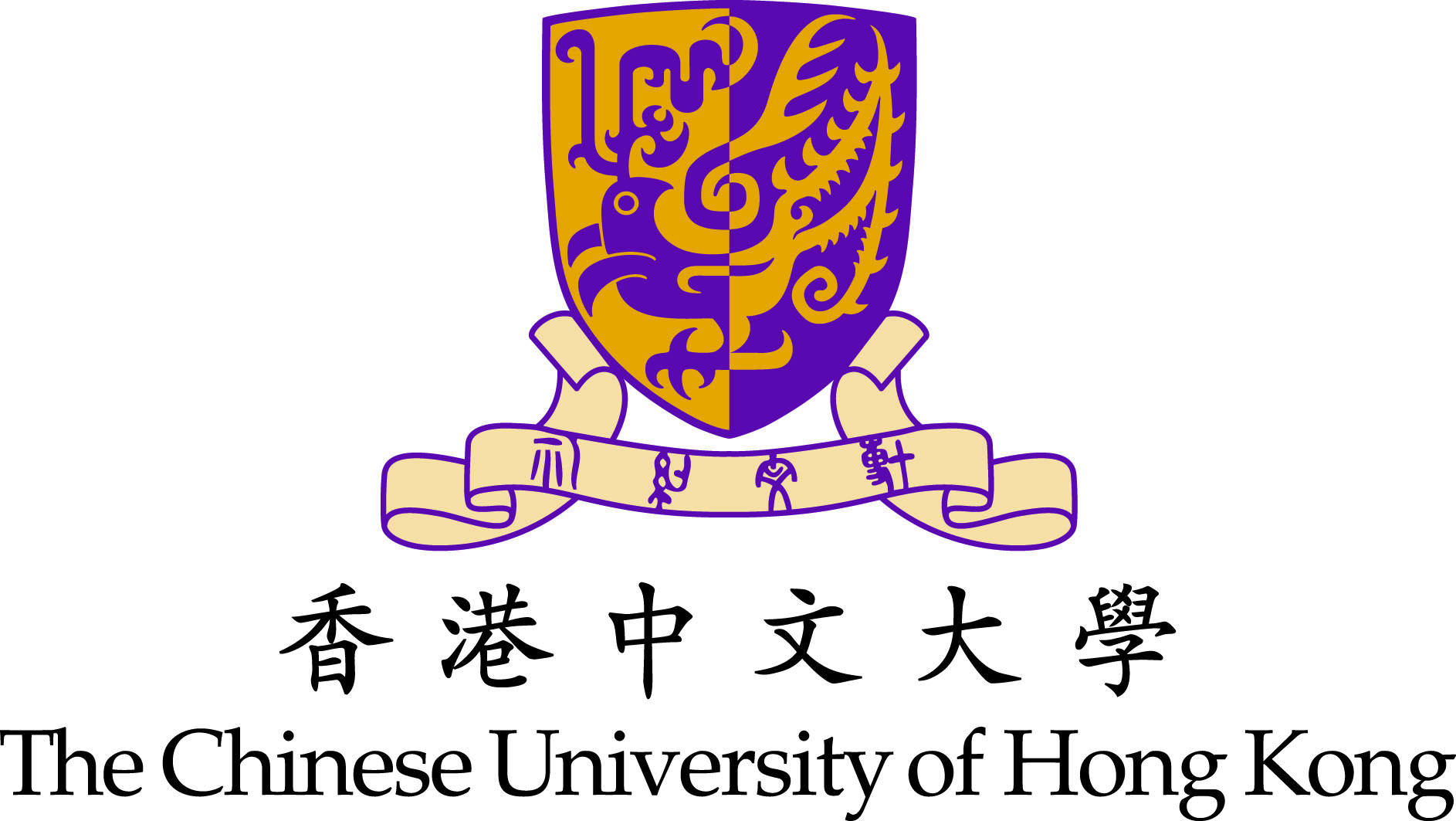
WUN Symposium
Title: Worldwide Universities Network Symposium: Health and Social Impact of the COVID-19 Pandemic on Adolescents: an International Perspective
Date: 10 November 2022 (Thursday)
Time: 1500 – 1800 (Hong Kong, Taiwan, Mainland China); 0200 – 0500 (United States – Eastern Time Zone); 0800 – 1100 (Netherlands)
Mode: Zoom
Adolescents are among the hardest hit under the on-going COVID-19 pandemic. In view of the widely observed adversities and inequalities among adolescents, this Symposium brings together experts from different parts of the world, including but not limited to the Greater China regions, the United States, and the Netherlands, to share their insights on how the pandemic and its containment measures have disproportionately affected adolescents, especially the disadvantaged ones, and what might help mitigate the impact and inequalities associated with COVID-19. Panel discussions will follow to further explore the health and social impact of COVID-19 from an equity lens, and the way forward to shape a fairer environment for adolescent development.
Registration link: https://cloud.itsc.cuhk.edu.hk/webform/view.php?id=13655044
Contact email: adolescent.covid19@cuhk.edu.hk
Poster here
Programme
Time |
Session |
Speakers |
|---|---|---|
1500-1510 |
Opening address |
Dr. Roger Yat-Nork CHUNG |
1510-1635 |
Panel 1 – Loneliness and resilience during COVID-19 |
Moderated by Dr. Hung WONG |
| 1510-1525 | Are socioeconomic inequalities in psychosocial outcomes the same across world regions under COVID-19? | Dr. Gary Ka-Ki CHUNG |
| 1525-1540 | Social isolation and adolescents’ psychological wellbeing during the COVID–19 epidemic: The mediating effect of loneliness and the moderating effect of resilience | Prof. Xiaoting LIU |
| 1540-1555 | Changes in social relationships during the COVID-19 pandemic and their implications on adolescents’ psychosocial well-being: A latent class analysis | Dr. Anson CHAU |
| 1555-1610 | The ‘HERO within’ in times of crisis: Covid-19, socioeconomic position, psychological capital, and Dutch adolescents’ well-being in 2021 | Dr. Karlijn MASSAR |
| 1610-1635 | Panel 1 Discussion | Speakers of Panel 1 and Moderator |
1635-1745 |
Panel 2 – All-round social and health impacts of COVID-19 |
Moderated by Dr. Roger Yat-Nork CHUNG |
| 1635-1650 | COVID-19’s impact on children and adolescents' wellbeing and attainment across the socio-economic ladder in USA: A non-systematic review | Dr. Majid KHAN |
| 1650-1705 | Online learning, social interaction, and psychological well-being among secondary school students in Hong Kong during the COVID-19 pandemic: the socioeconomic and gender differences | Dr. Siu-Ming CHAN |
| 1705-1720 | Impacts of COVID-19 pandemic on middle school students in Chia-Yi County, Taiwan | Prof. How-Ran GUO |
| 1720-1745 | Panel 2 Discussion | Speakers of Panel 2 and Moderator |
1745-1750 |
Closing remarks |
Dr. Roger Yat-Nork CHUNG & Dr. Hung WONG |
Speakers and discussants
Dr. Gary Ka-Ki CHUNG Postdoctoral Fellow, CUHK Institute of Health Equity |
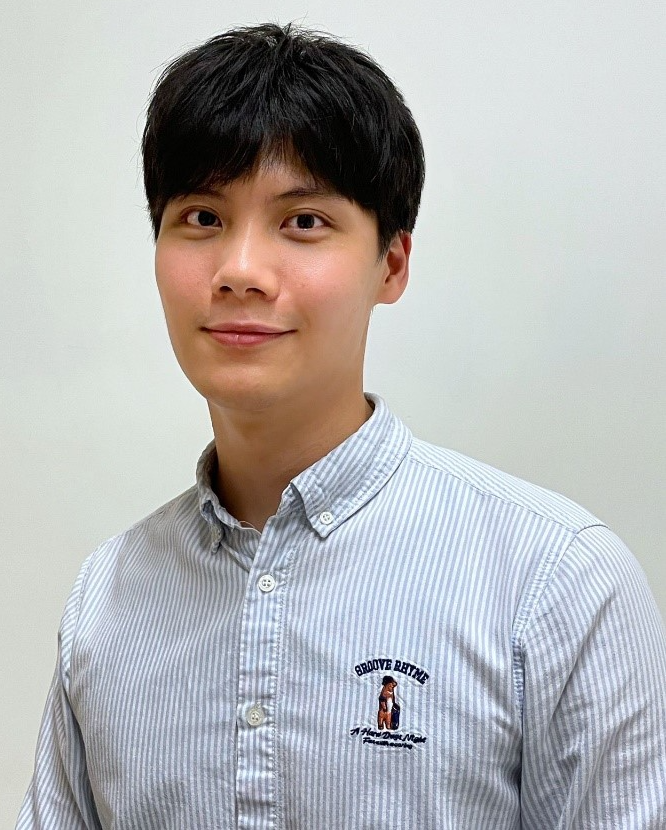 |
Dr. Gary Chung is an epidemiologist that investigates public health issues through an equity lens. His research focuses primarily on how socioeconomic disadvantages (e.g., low education, poverty and deprivation) affect population health and health inequalities from a life course perspective. In addition to health-related quality of life, he isparticularly interested in the socioeconomic patterning of obesity and cardiometabolic diseases, and more recently, of the extent of transmission and clinical severity of COVID-19. Awarded with the Research Grants Council Postdoctoral Fellowship Scheme 2021/22, Dr. Chung is currently serving as the Postdoctoral Fellow at the CUHK Institute of Health Equity. |
Dr. Karlijn MASSAR Associate professor of (applied) social psychology, Department of Work & Social Psychology, Faculty of Psychology & Neuroscience, Maastricht University |
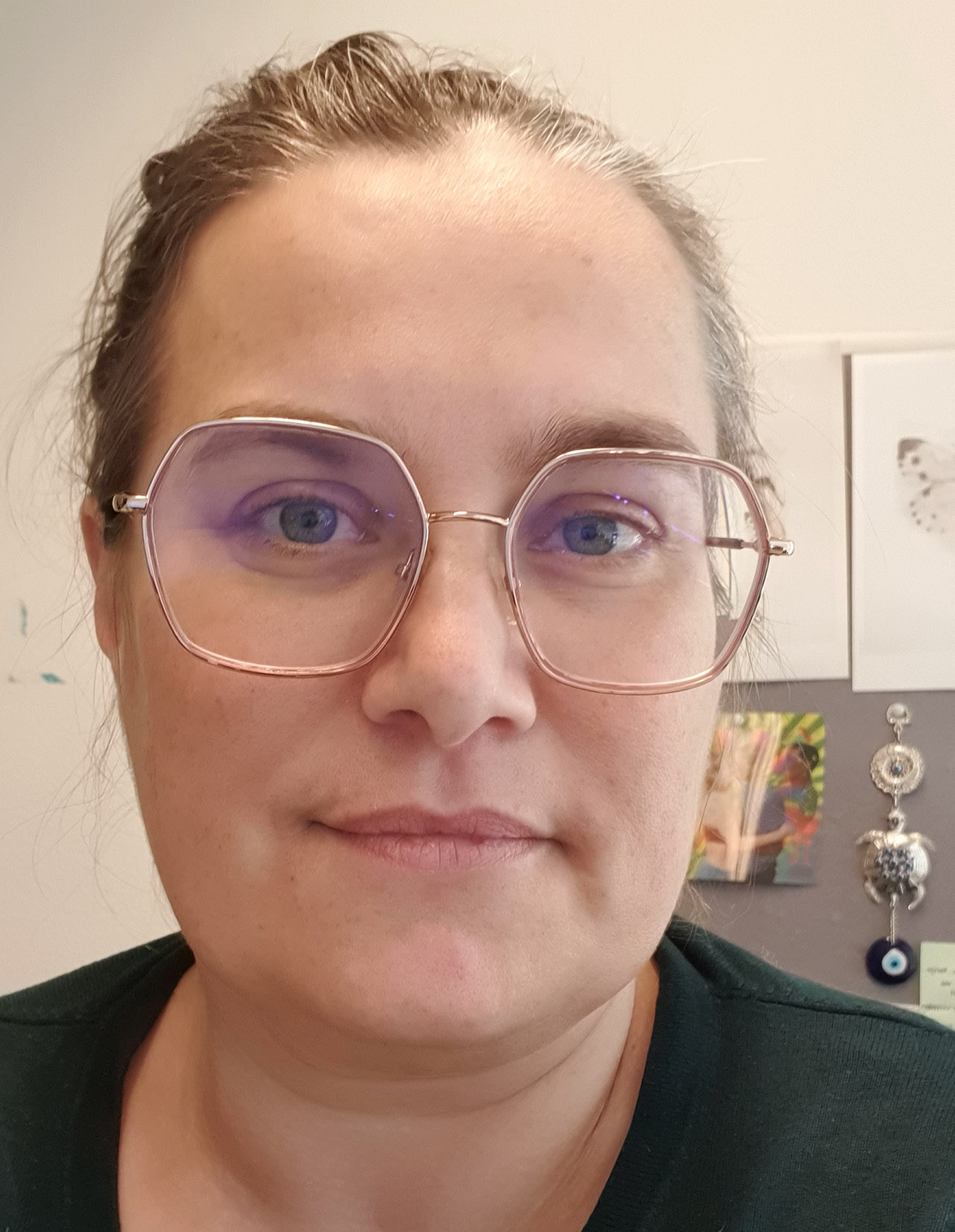 |
Dr. Karlijn Massar is an Associate Professor of (applied) social psychology at the department of Work & Social Psychology, Faculty of Psychology & Neuroscience, Maastricht University. Her research interests include health inequalities and the role of psychological capital to reduce them, jealousy, intrasexual competition, evolutionary psychology, individual differences in personality traits, maternal health (in Sub-Sahara Africa), applying evolutionary psychology to health issues, and relationships. |
Prof. Xiaoting LIU Professor, School of Public Affairs, Zhejiang University |
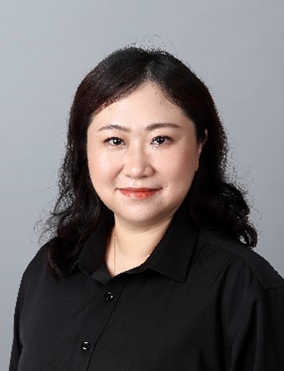
| Prof. Xiaoting Liu is a Professor in the School of Public Affairs of Zhejiang University in China. Much of her research over the past several years has focused on the impact of healthcare reform on health equity in China under the background of population ageing, in addition her general research interests on health insurance, gerontology, and financing and services of informal and formal long-term care. She was also responsible for a National Social Science Fund project (2014), a National Nature Science Fund project (2020) and the Asian Development Bank project, and served as was the visiting scholar in the Research Center on Aging in the University of Southampton. |
Prof. How-Ran GUO Distinguished Professor, Department of Environmental and Occupational Health, College of Medicine, National Cheng Kung University |
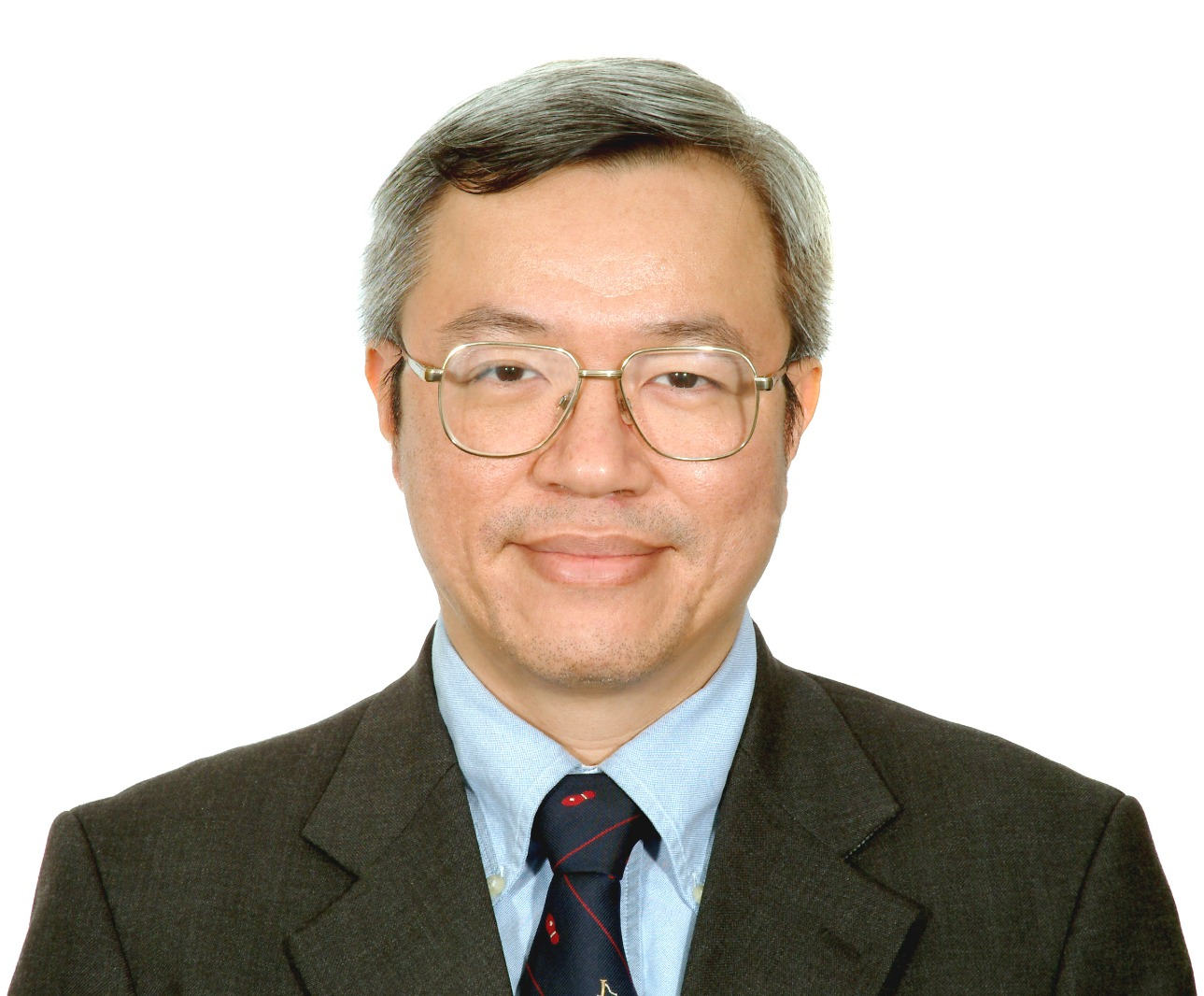
| Prof. How-Ran Guo is a Distinguished Professor in the College of Medicine at the National Cheng Kung University in Taiwan, where he has been a faculty member since 1996. He has broad research interests and is jointly appointed by the Departments of Environmental and Occupational Health, Occupational and Environmental Medicine, Clinical Medicine, Public Health, and Food Safety/Hygiene and Risk Management. He is also an Attending Physician in the Departments of Occupational and Environmental Medicine at the National Cheng Kung University Hospital and a Fellow of the American College of Occupational and Environmental Medicine. |
Dr. Siu-Ming CHAN Assistant Professor, Department of Social and Behavioural Sciences, City University of Hong Kong |
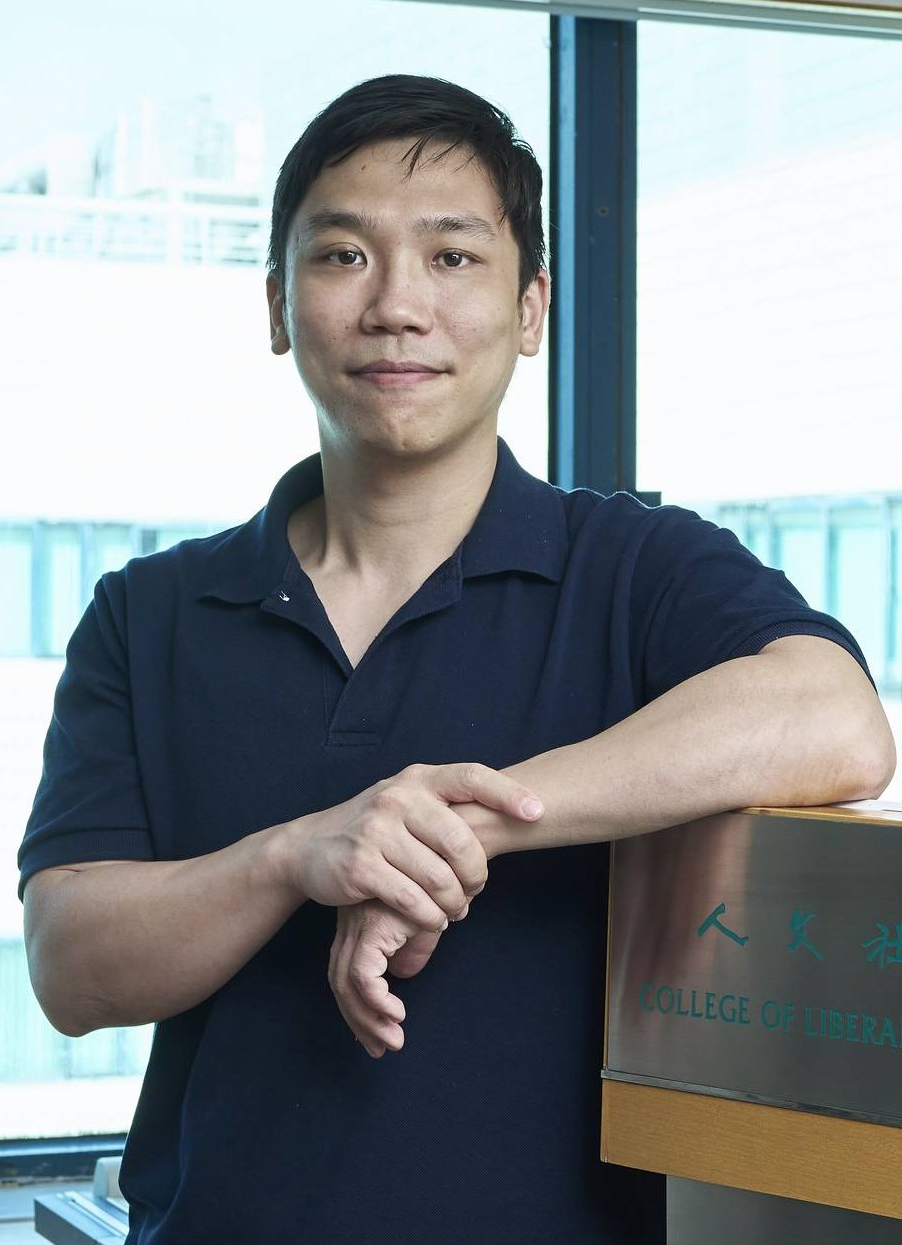 |
Dr. Siu-Ming Chan worked as a Postdoctoral Fellow at the Institute of Health Equity in CUHK in 2020. He joined the Department of Social and Behavioural Sciences at the City University of Hong Kong as an Assistant Professor in 2021. Before embarking on his academic journey, Dr. Chan worked as a frontline social worker in community settings for eight years. He served the underprivileged, including homeless people, low- income families living in cubicles and subdivided flats, poor children, and the elderly, through direct service, group work, and community organizing. His principal areas of research interest include poverty, housing, social welfare, social work, and mental health, with a vision is to enhance the well-being of vulnerable and disadvantaged groups. |
Dr. Majid KHAN Visiting Scholar, University of Massachusetts Amherst |
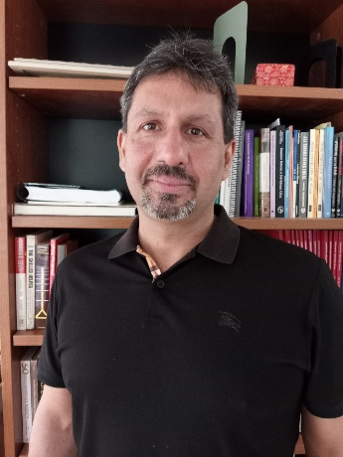 |
Dr. Majid Khan is currently a Visiting Scholar at the University of Massachusetts Amherst, where he is working with Prof. Ian George Barron on issues related to abuse prevention and trauma recovery. Soon after completing his Doctoral studies at the University of Massachusetts Amherst, he returned to Pakistan and since then he is involved in teaching, research, student supervision and project work. Additionally, he has published papers on abuse prevention, access related issues in higher education and organizational change in NGO sector in Pakistan. Over the last 25 years, he has worked for USAID funded projects on pre-service and in-service teacher training, won grants and organized programs funded by UNESCO. Project management coordinator with World Bank funded project, consultant with KfW funded project, Residence Director at Colorado State University, Fort-Collins, Deputy Director Programs with Michigan State University, East-lancing, and Assistant Residence Director at the University of Massachusetts Amherst. |
Dr. Anson CHAU Postdoctoral Fellow, CUHK Institute of Health Equity |
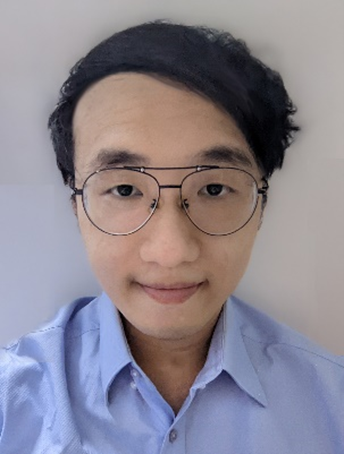 |
Dr. Anson Chau is a Postdoctoral Fellow at the Institute of Health Equity, The Chinese University of Hong Kong. He is a psychologist with an interest in loneliness and social isolation and their role in the development of psychopathology, including schizophrenia, depression, and social anxiety. His PhD focuses on the relationship between loneliness and paranoia in non-clinical young adults, as well as the underlying social-cognitive and affective mechanisms. He is also interested in mental health across the lifespan, especially in early adulthood and old age. He uses a wide range of methodologies in his research, including meta-analysis, network analysis, behavioural paradigms and experience sampling method. |
Moderators
Dr. Hung WONG Associate Director, CUHK Institute of Health Equity |
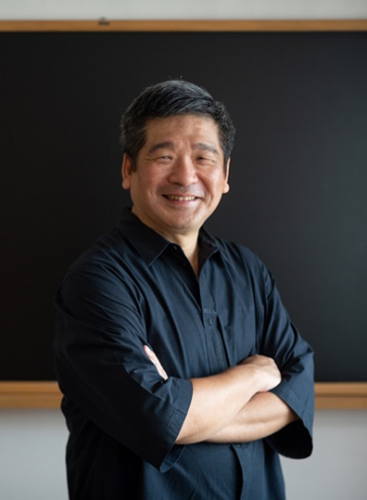 |
Dr. Hung Wong is an Associate Professor (Teaching) of the Department of Social Work and the Associate Director of CUHK Institute of Health Equity and Director of Yunus Social Business Centre@CUHK at the Chinese University of Hong Kong. His research interests include poverty, social security and labour issues. He has also conducted research on marginal workers, unemployed youth, homeless people and poor residents in old urban area. He has actively advocated for Community Economic Development and the setting up of a universal pension scheme in Hong Kong. He is also the Vice-Chair of the Oxfam Hong Kong. |
Dr. Roger Yat-Nork CHUNG Associate Director, CUHK Institute of Health Equity |
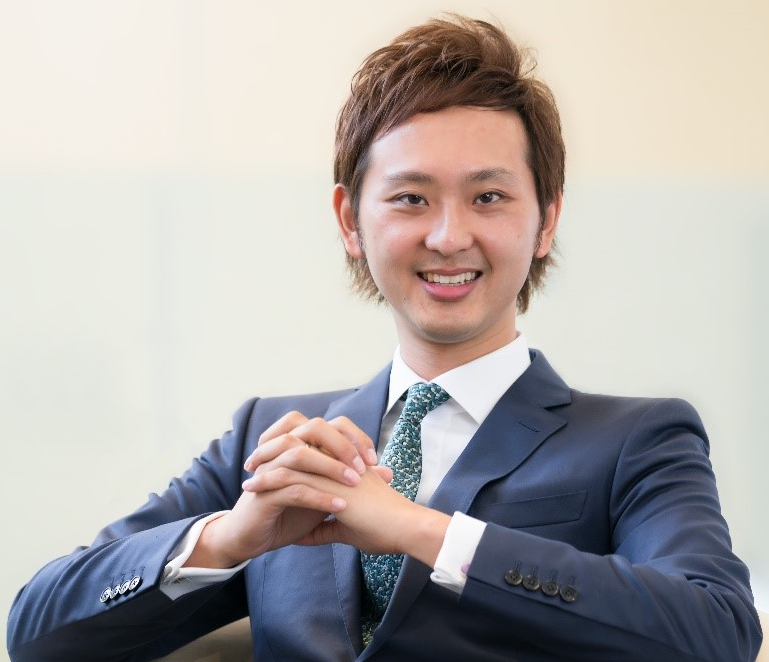 |
Dr. Roger Chung is an Associate Professor of the JC School of Public Health and Primary Care and the Associate Director of CUHK Institute of Health Equity. He has been engaged in social epidemiology and health equity research through the lens of biomedical ethics and justice to examine the social determinants of health and health inequalities. He is currently examining social determinants such as poverty, deprivation, socioeconomic disadvantage, environmental and housing factors, and migrant status. He is also particularly interested in the health of the vulnerable populations, including migrant workers and rare disease patients. Additionally, He is conducting research on aging‐related issues, such as multimorbidity and long‐term/end‐of‐life care. Collectively, the purpose of his research is to inform health services and public policy, domestically and beyond. |


